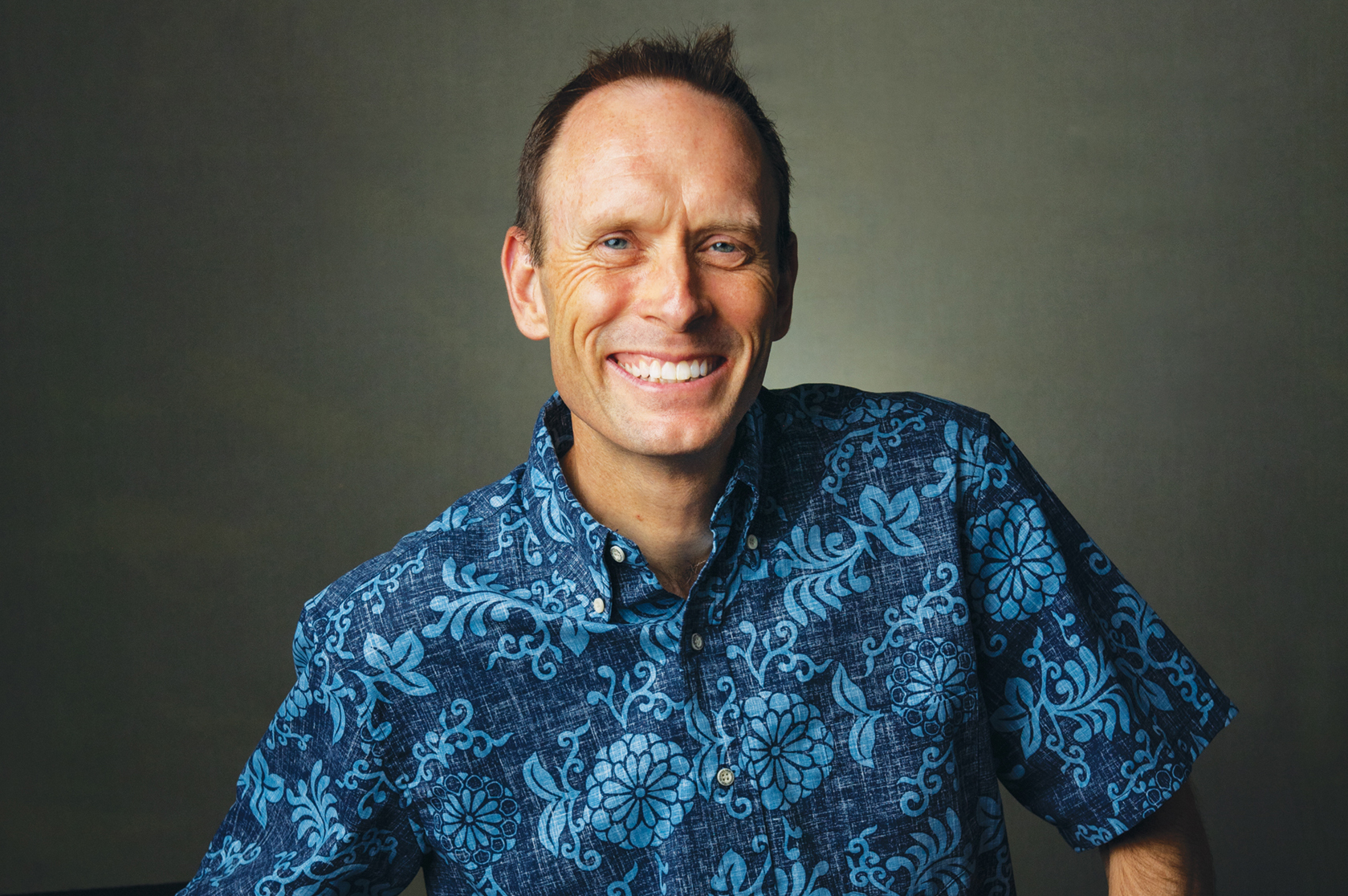By Mike Latham ’86
(This op-ed appeared in the Honolulu Star-Advertiser on Dec. 15, 2019)

Civility in America has dramatically eroded. In a deeply polarized political climate, we are increasingly incapable of engaging in the respectful and thoughtful discussion of challenging ideas. According to a major study conducted this year by the global communications firm KRC Research, a full 93% of Americans now cite incivility as a major problem.
The strain is also taking a toll on our personal lives. Social divisiveness, the American Psychological Association reported in 2017, left nearly 60% of Americans feeling stressed, and a majority considered this the lowest point in our nation’s history that they could recall. That feeling held true across adults that had lived through war in Vietnam, McCarthyism, the divides of the 1960s, the September 11 terrorist attacks, and recent mass shootings. Strong majorities of Democrats and Republicans alike have also lamented the decline of civil discussion and expressed pessimism about its future.
I believe that our system of K-12 education, both public and private, must respond directly to this concern. While the sources of incivility are complex, our schools can teach students how to engage with a spectrum of competing ideas in a thoughtful and respectful way. There are several concrete steps we can take.
- We can encourage students to read widely. In an era in which technology allows us to create echo chambers filled only by the publications and news sources we already agree with, teachers can expose students to competing perspectives on challenging issues. Not all ideas are meritorious, of course, and students may not change what they believe on a given question. But engaging with different views may lead them to develop a better sense of why they believe what they believe, and that itself is a valuable learning goal.
- We can teach the art of argument. Frequent class discussions and debates, including those on divisive issues, should become opportunities to model civil discourse. We can hold students to high standards, requiring the careful and responsible use of evidence in written and verbal reasoning. While the short bursts and ad hominem attacks of social media dominate our headlines, we can teach students to step back, check their facts, and respectfully acknowledge the strengths of other views, while defining their own.
- We can build emotional intelligence. To engage in productive discussions, we need to understand our own emotional drives as well as those of the people we disagree with. Fortunately, the recognition, expression, and regulation of emotion can be taught. Experts like Marc Brackett at Yale University’s Center for Emotional Intelligence have demonstrated that how we feel, and our ability to recognize how others feel, have an immense impact on our ability to learn. Alongside the skills of reason, our schools can implement curricula designed to deepen the empathy, humility, and understanding that pragmatic compromises and genuine civility require.
- We can promote an ethic of citizenship. Participation by eligible voters in the United States remains woefully low. At 55.7% in the last national election, U.S. rates lag behind those of most other economically developed countries. Sadly, our state of Hawaii has the lowest participation among eligible voters in the entire country. As a professor of American history, I have long sought to ensure that my students develop a strong sense of their public responsibilities as well as their rights. In the absence of an informed, well-educated, and engaged electorate, the loudest and most inflammatory arguments may prevail over the most reasonable and rational ones.
The students of today will inherit enormous challenges. The complex problems they will face – like global climate change, food security, renewable energy, human migration and public health – will require consensus-building and immense political decisions. To meet these challenges successfully, our schools will need to educate a generation ready to analyze, discuss, explain and weigh the tradeoffs with care, reason and respect. The future of our democracy requires nothing less.
